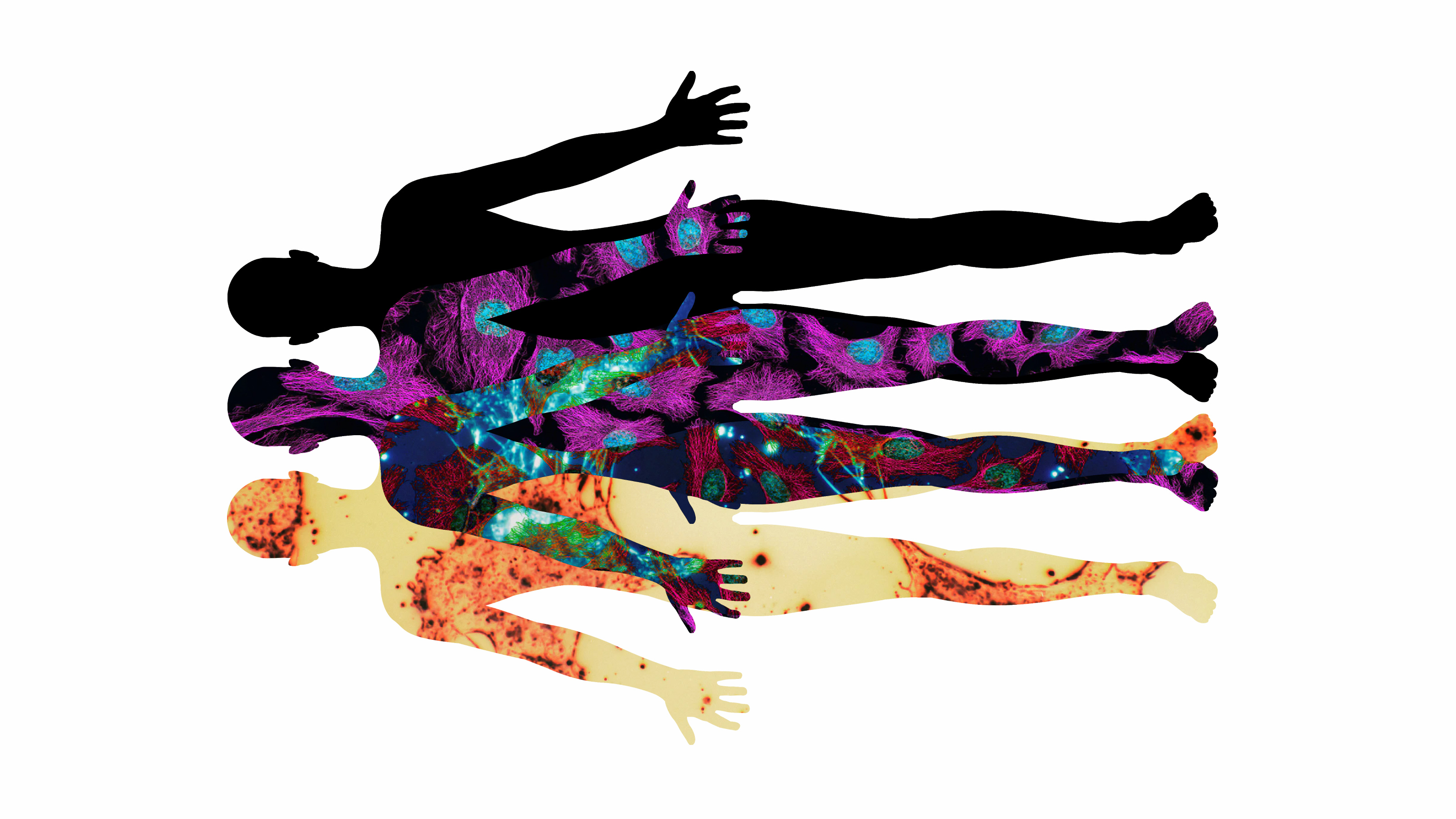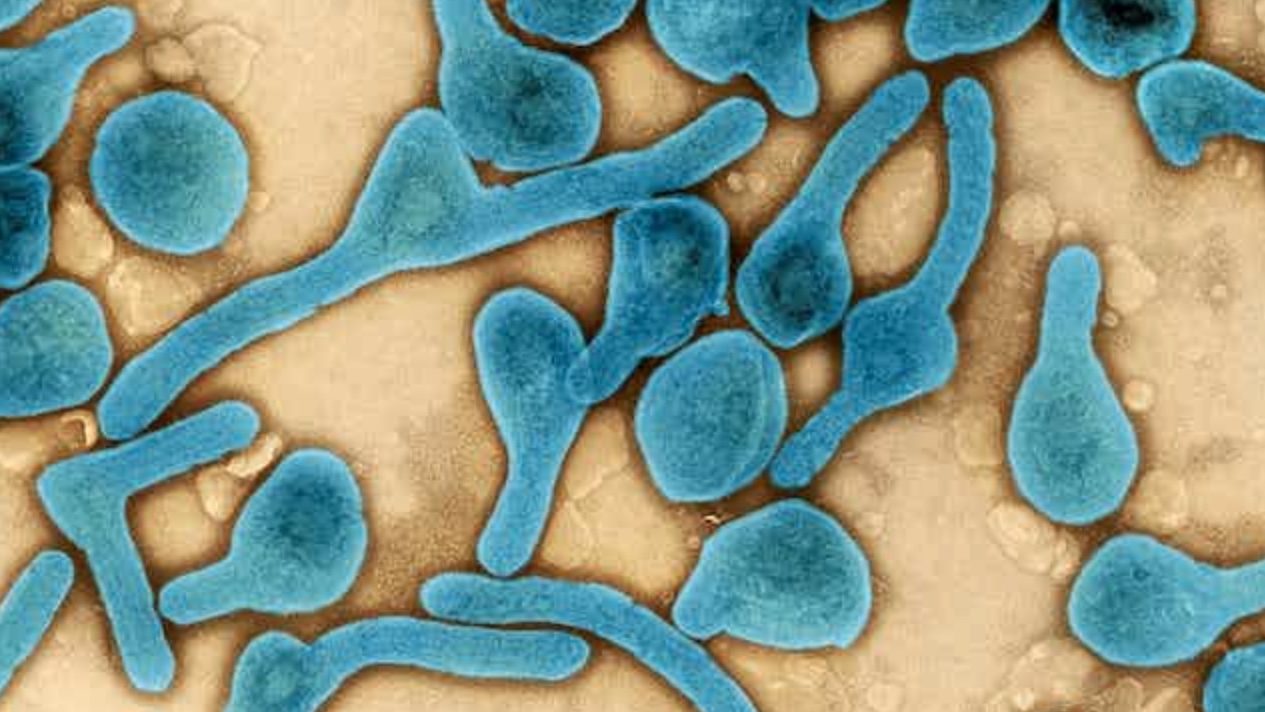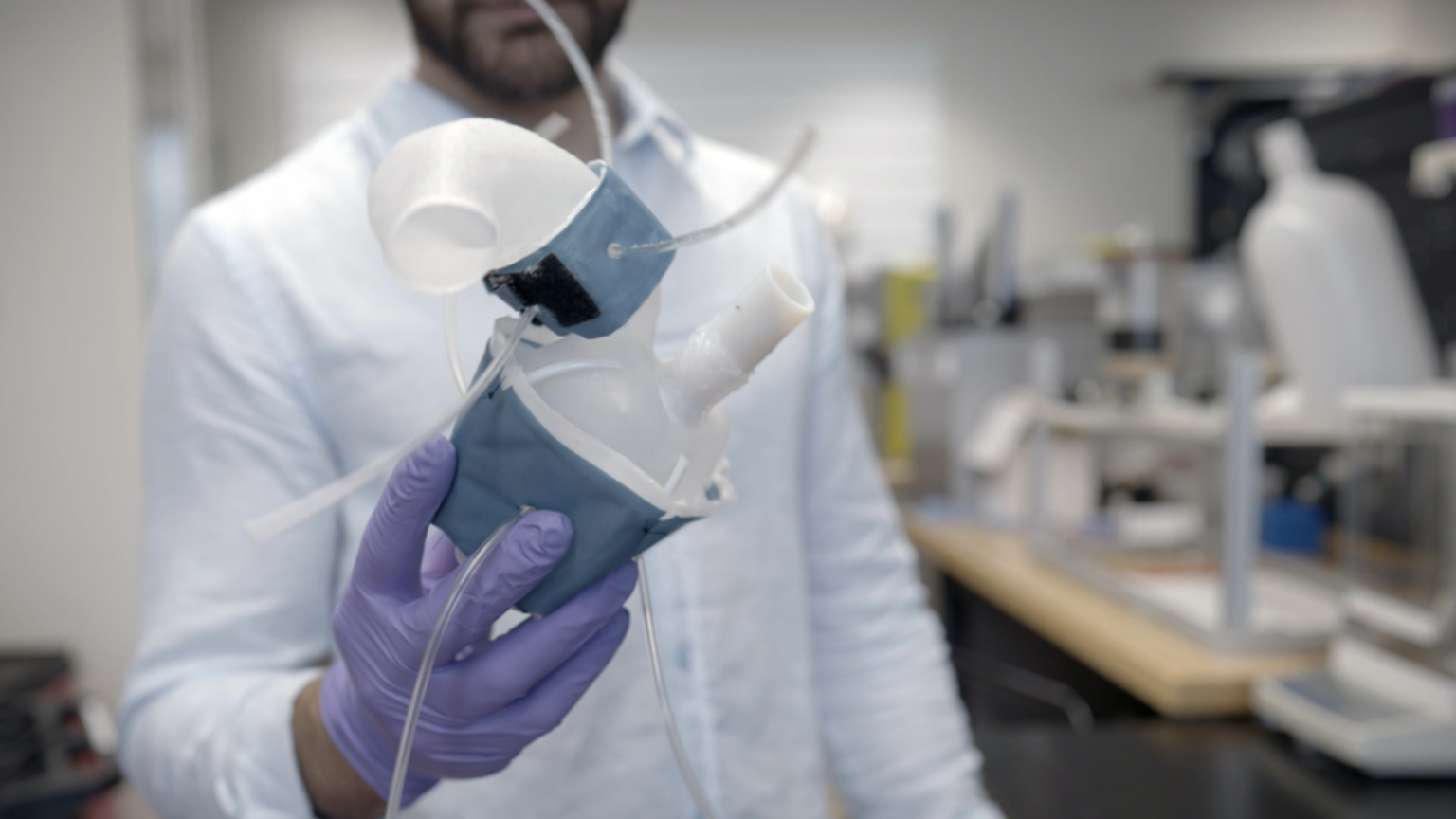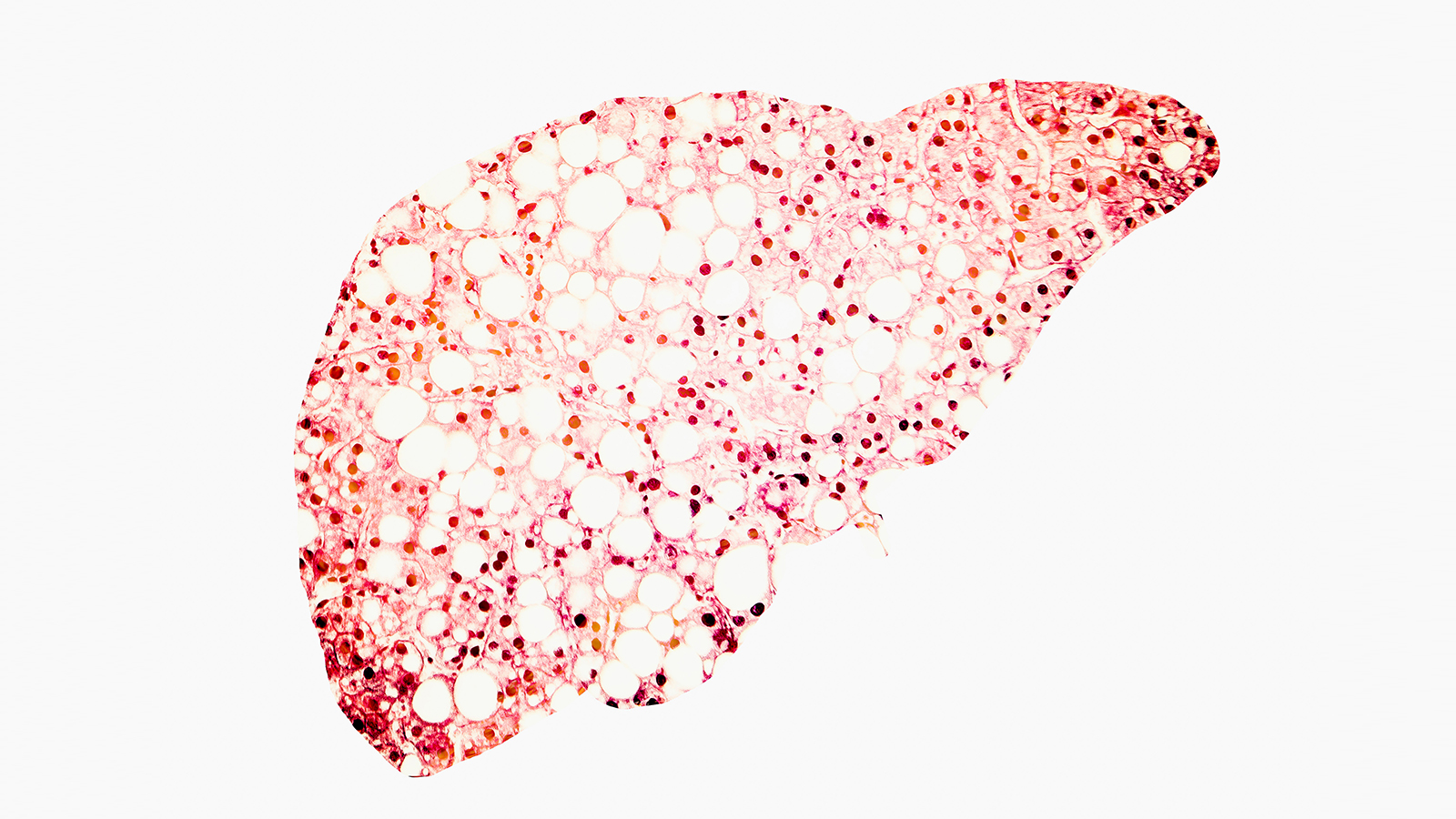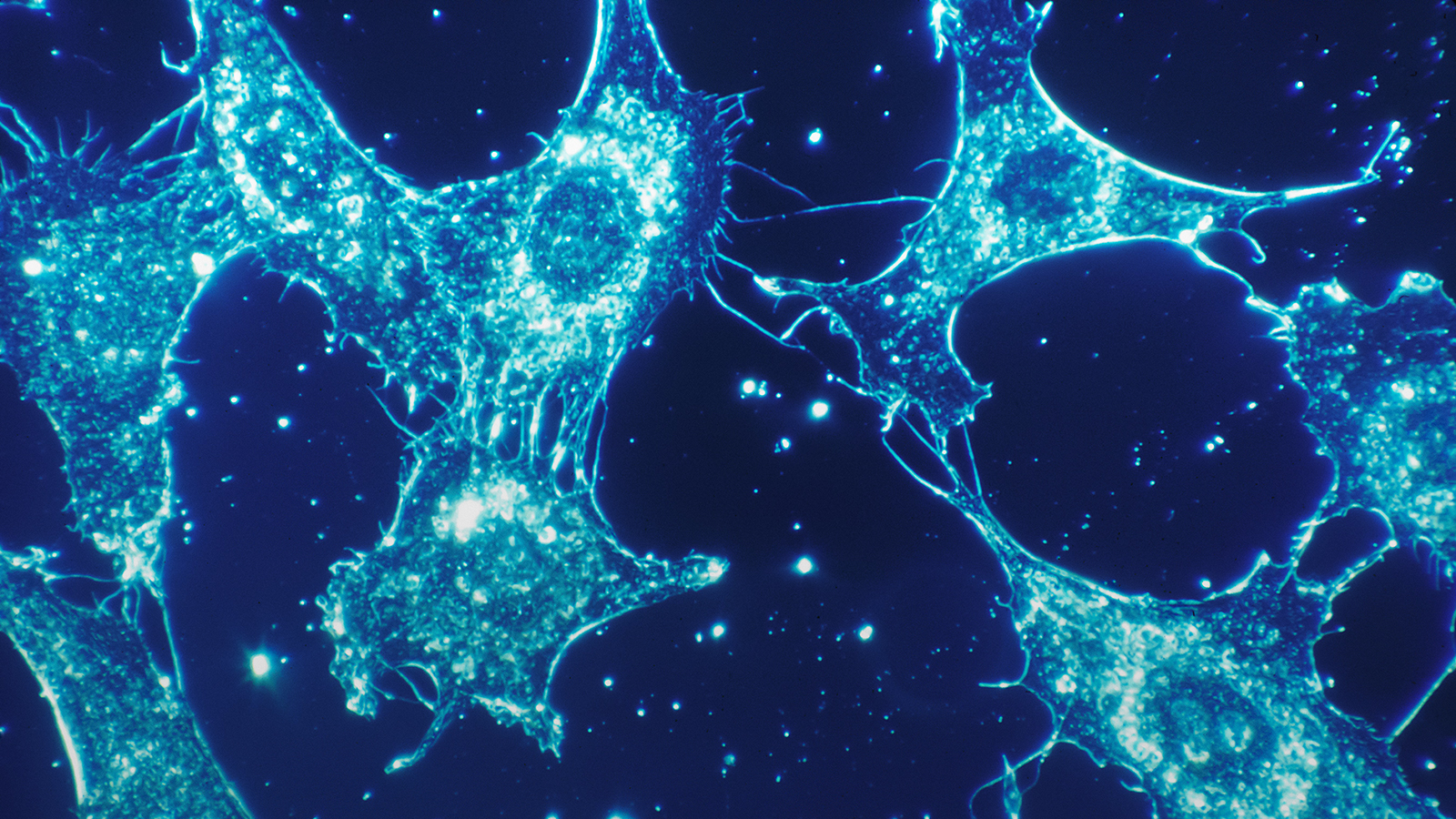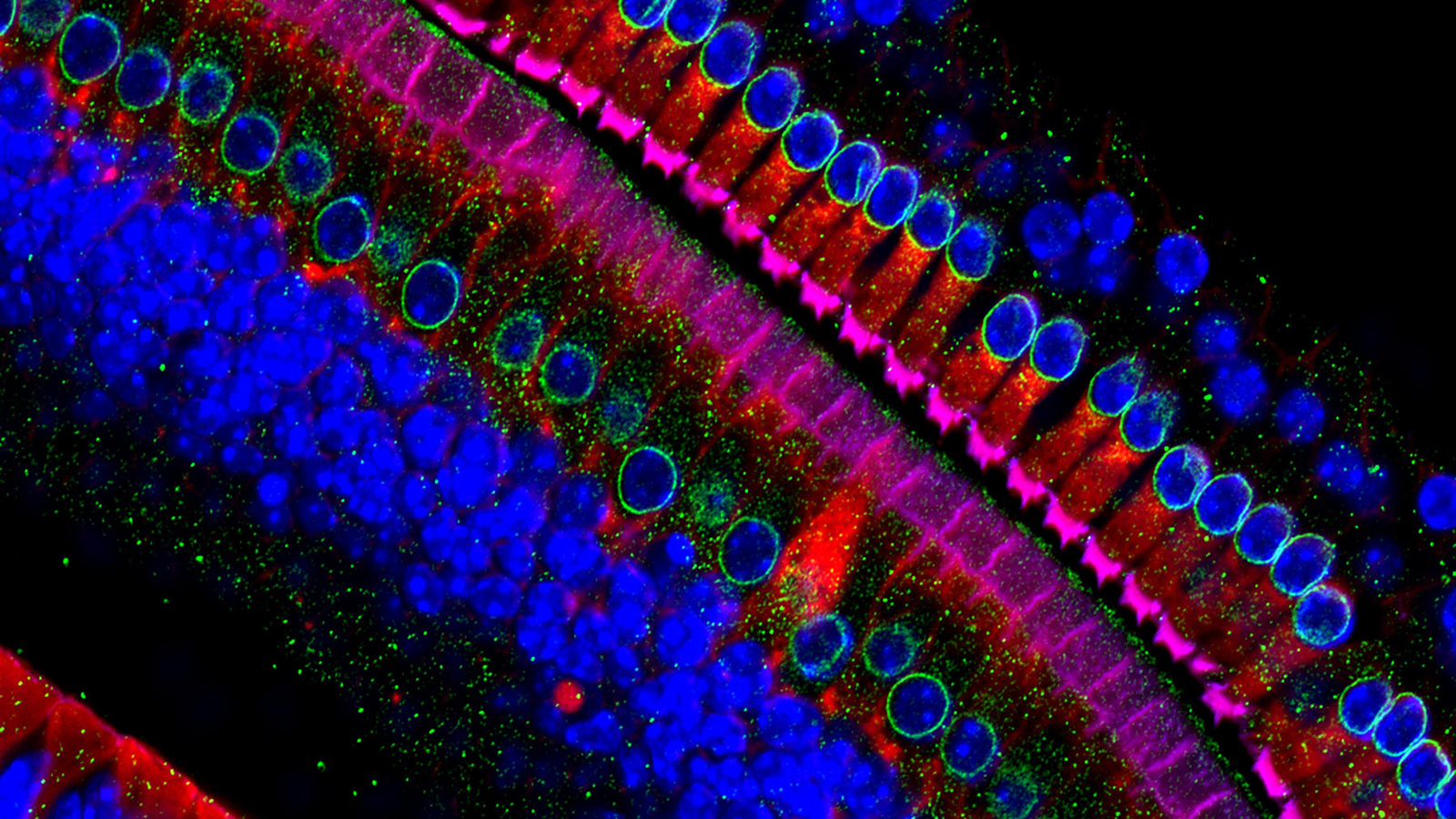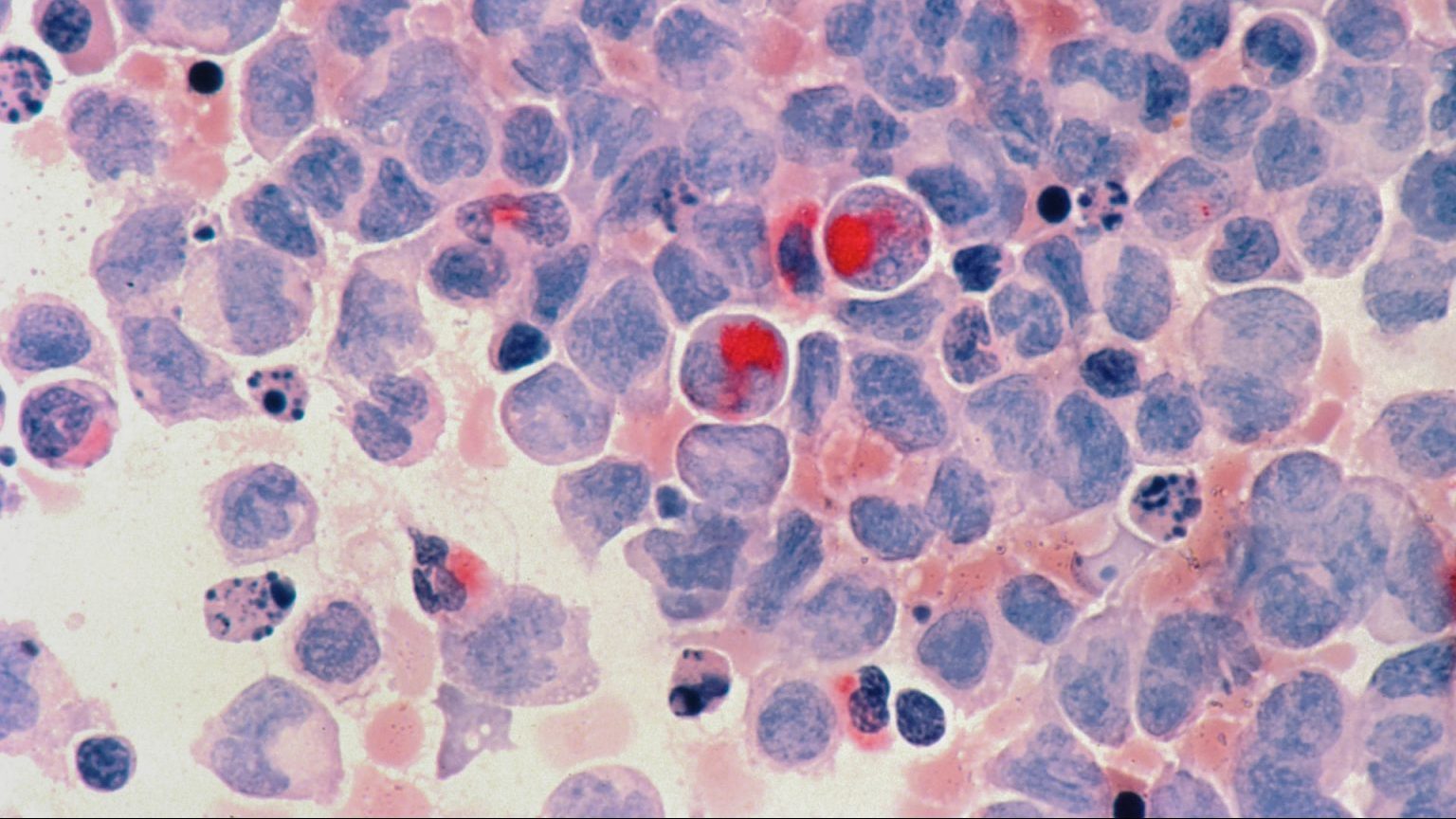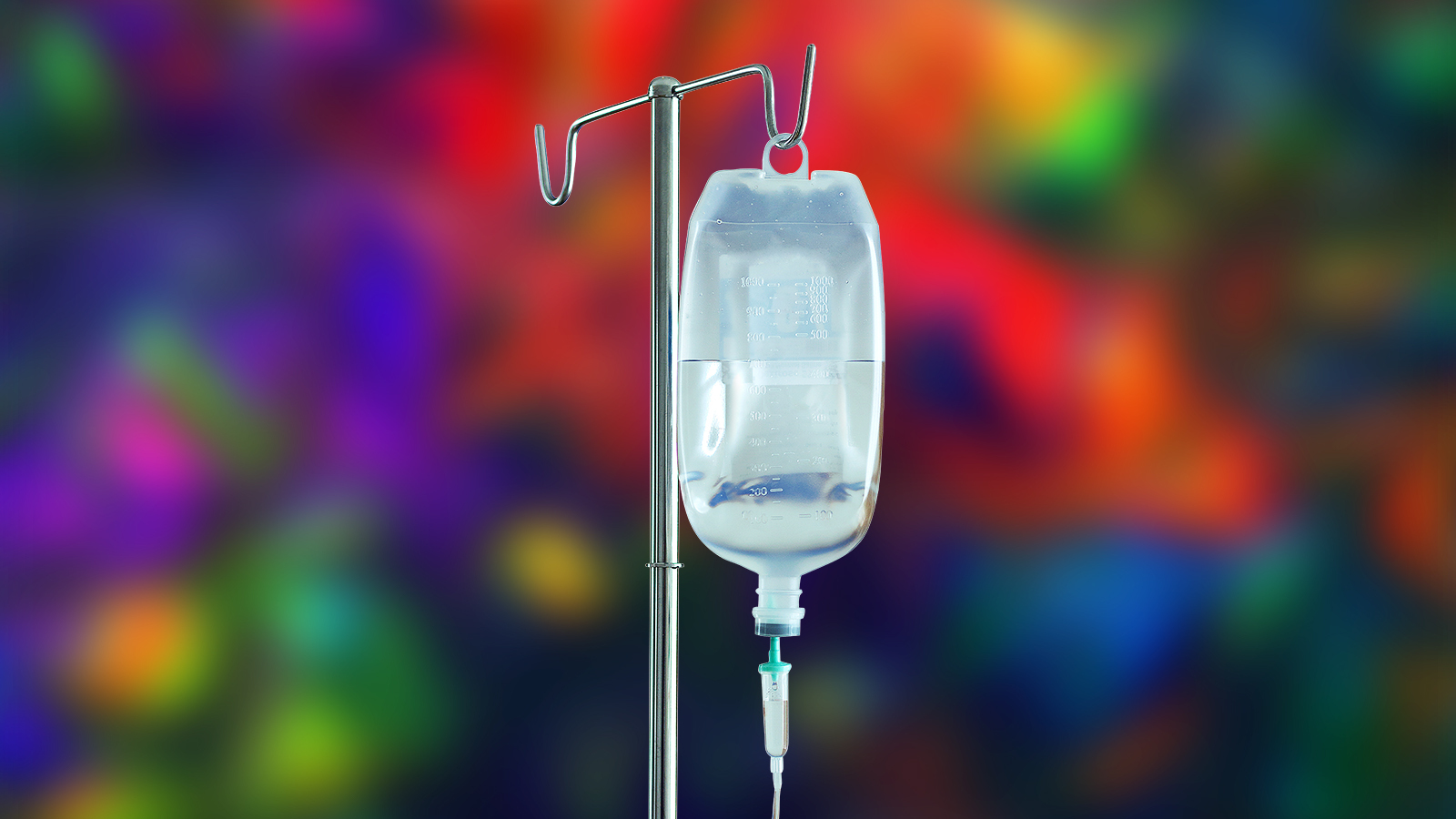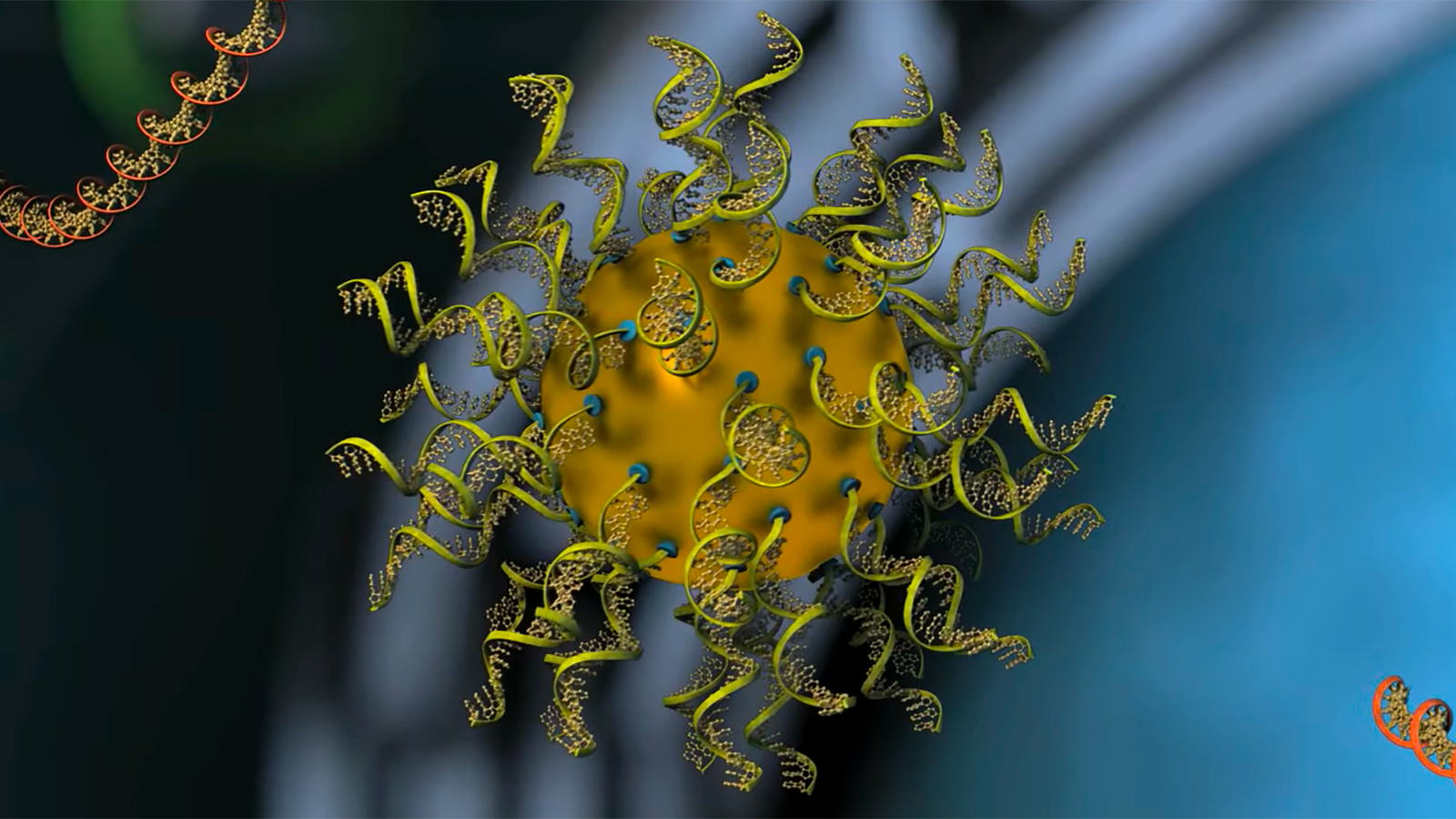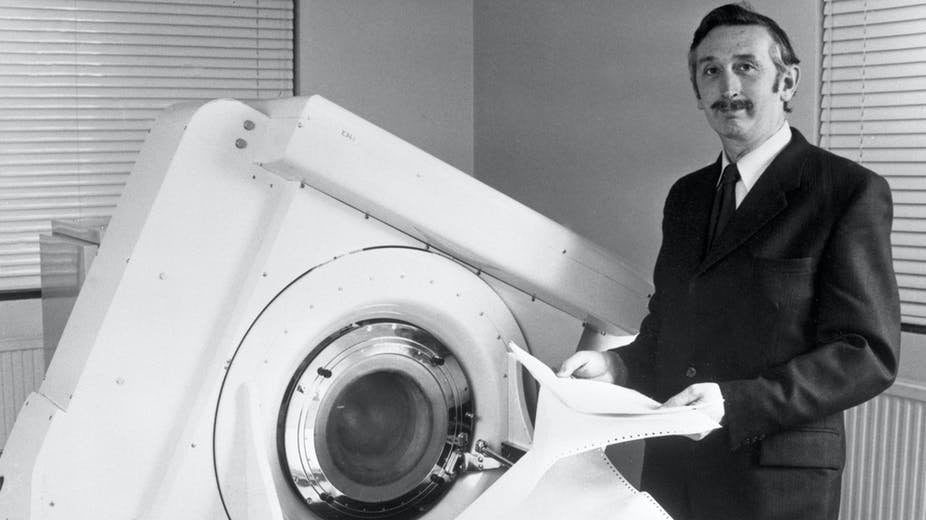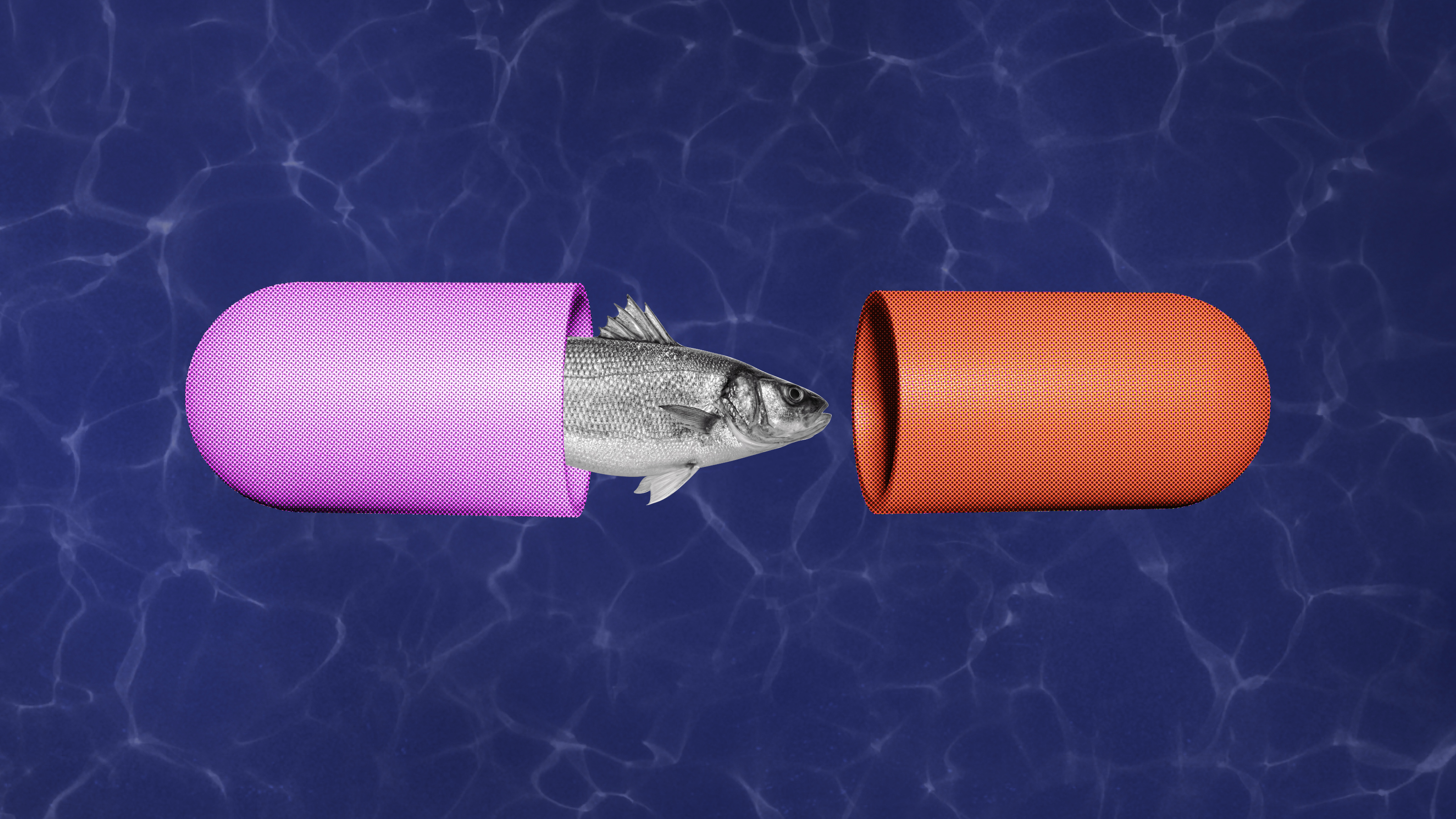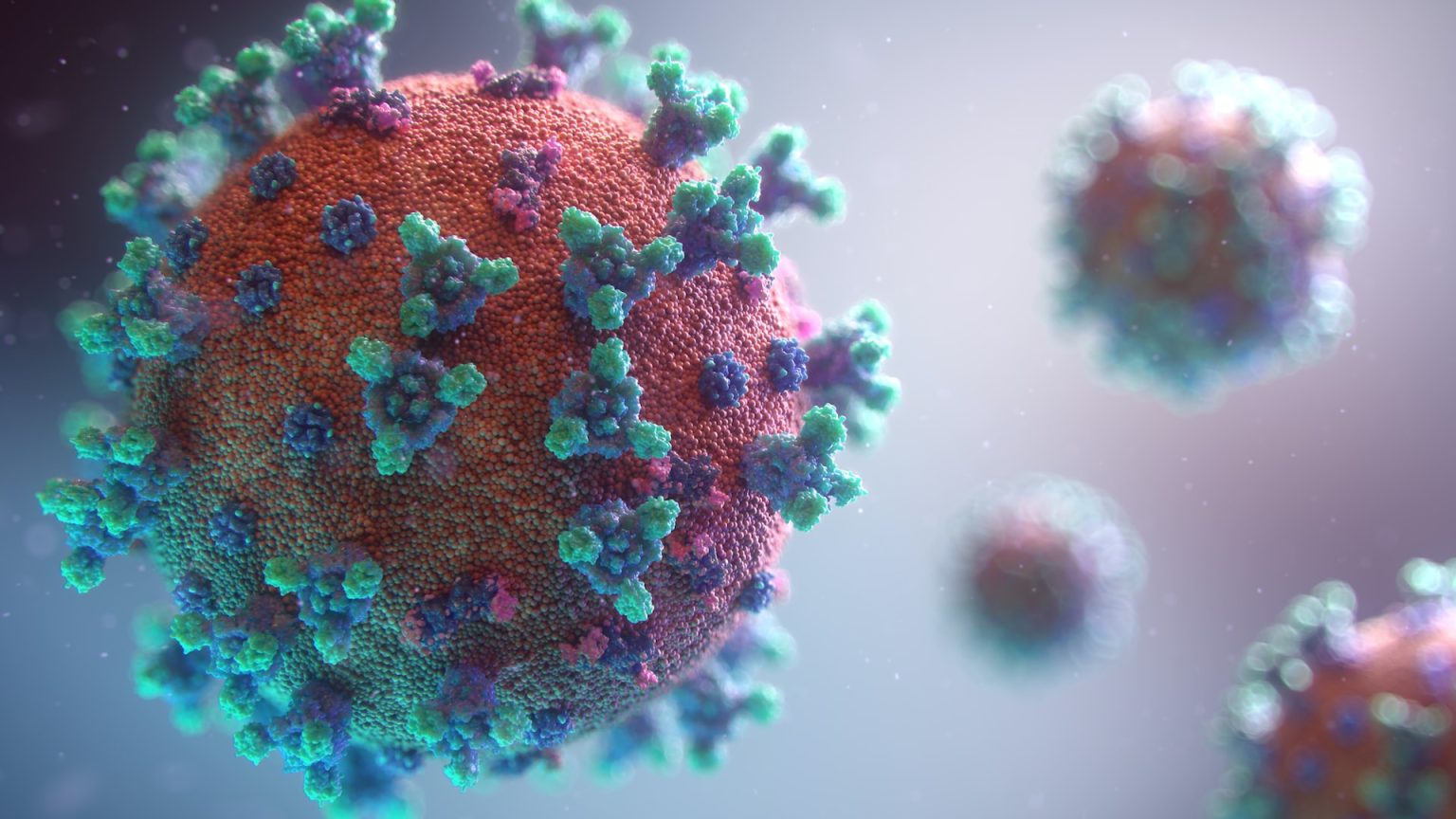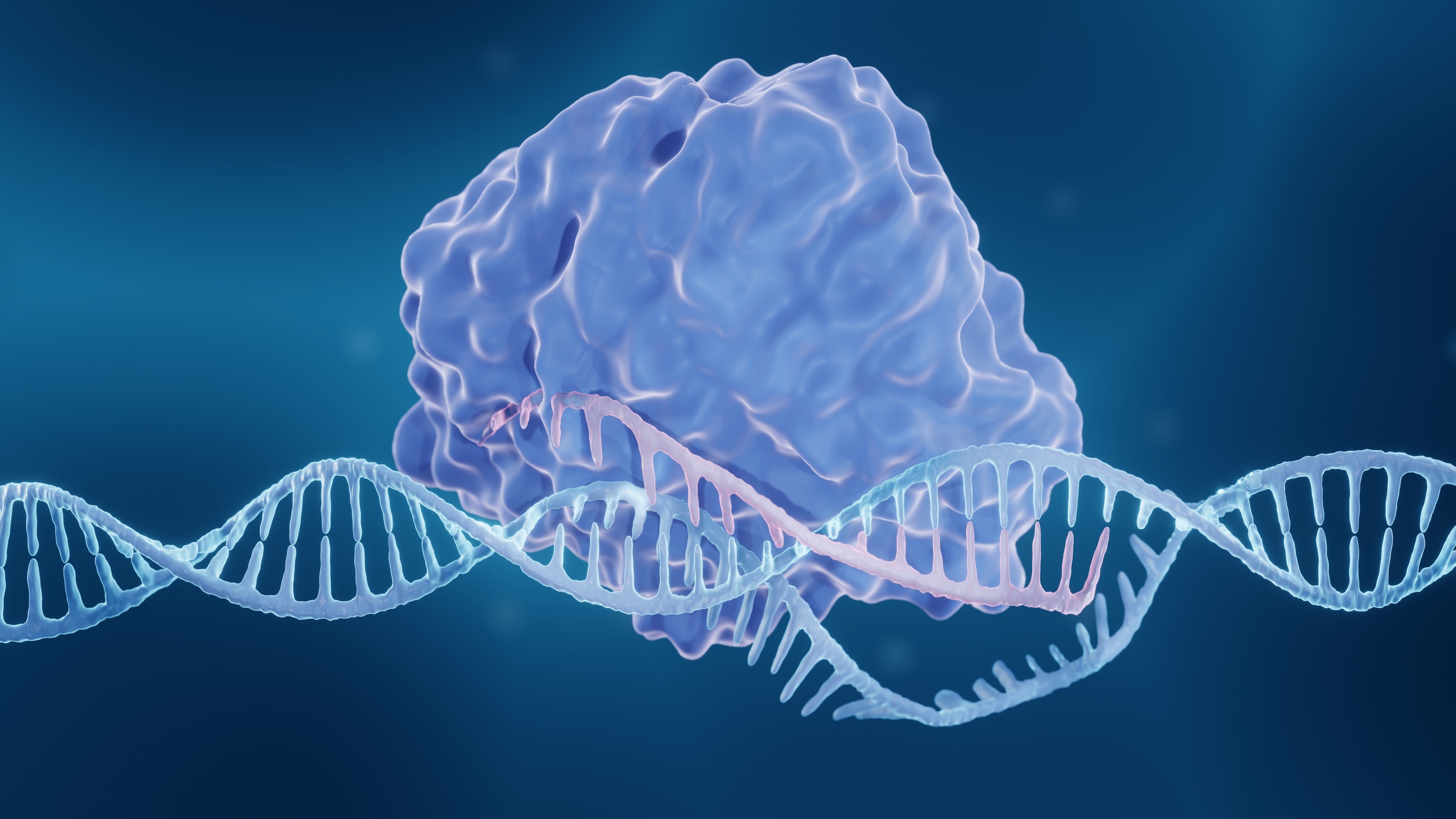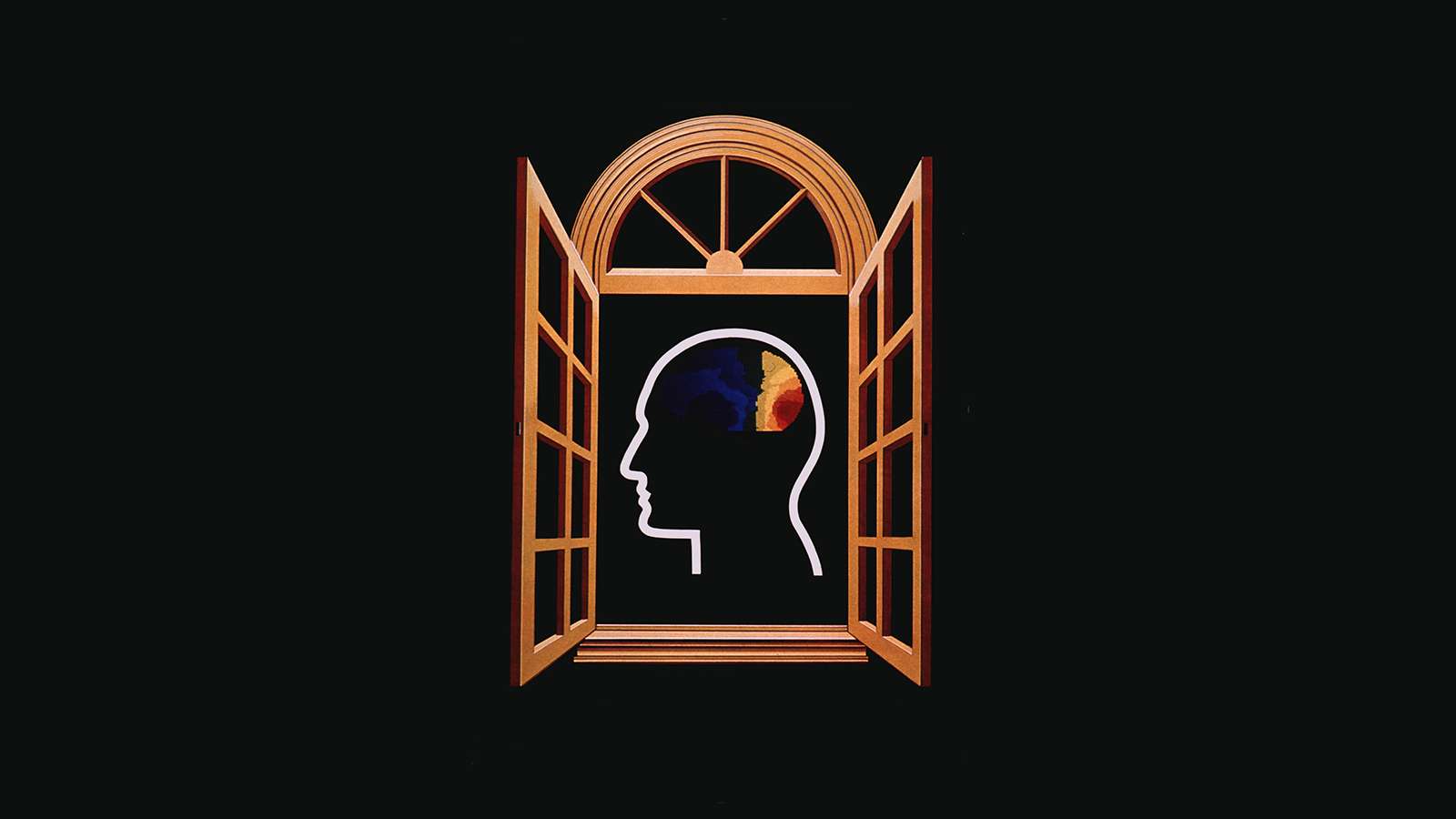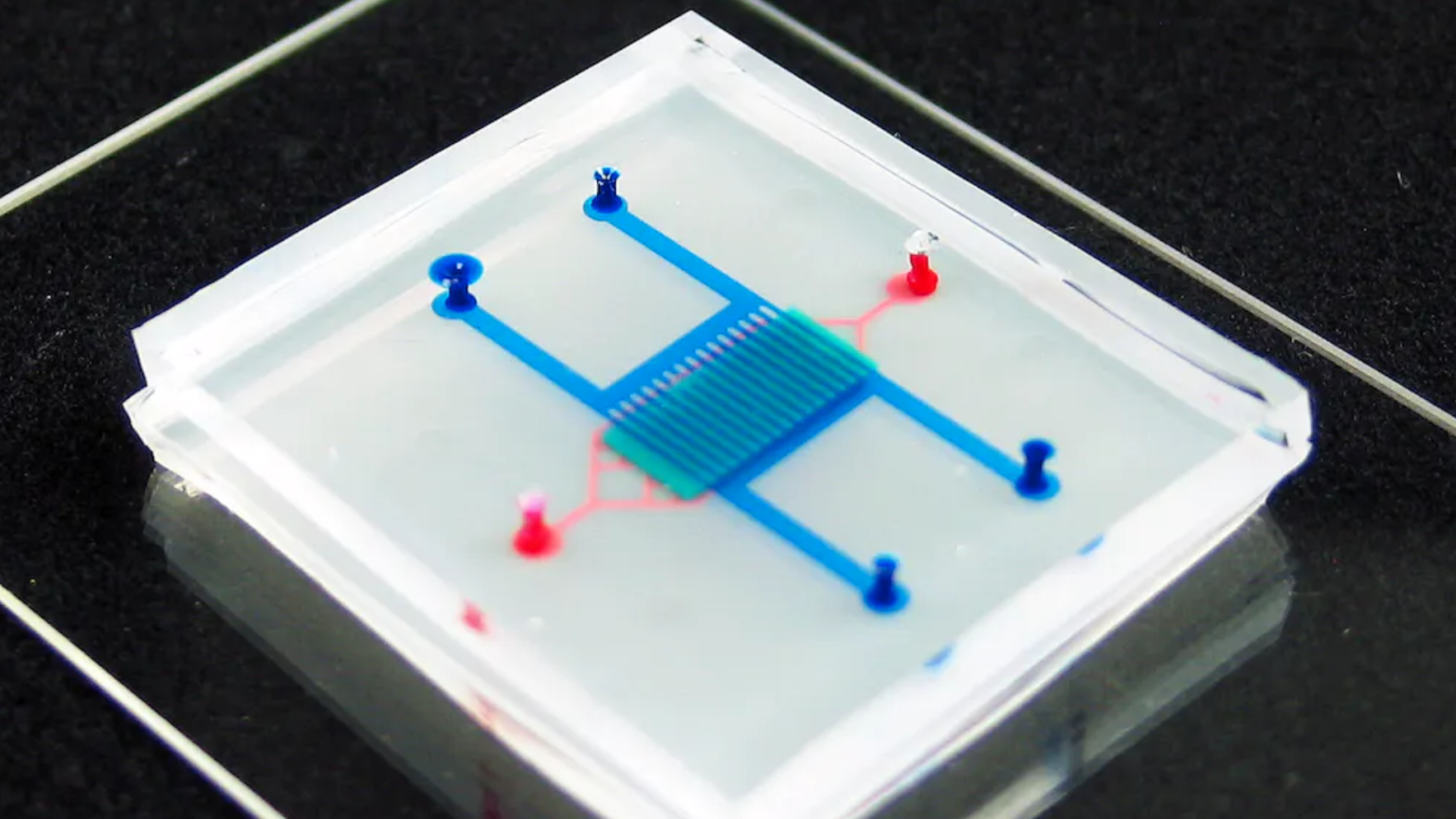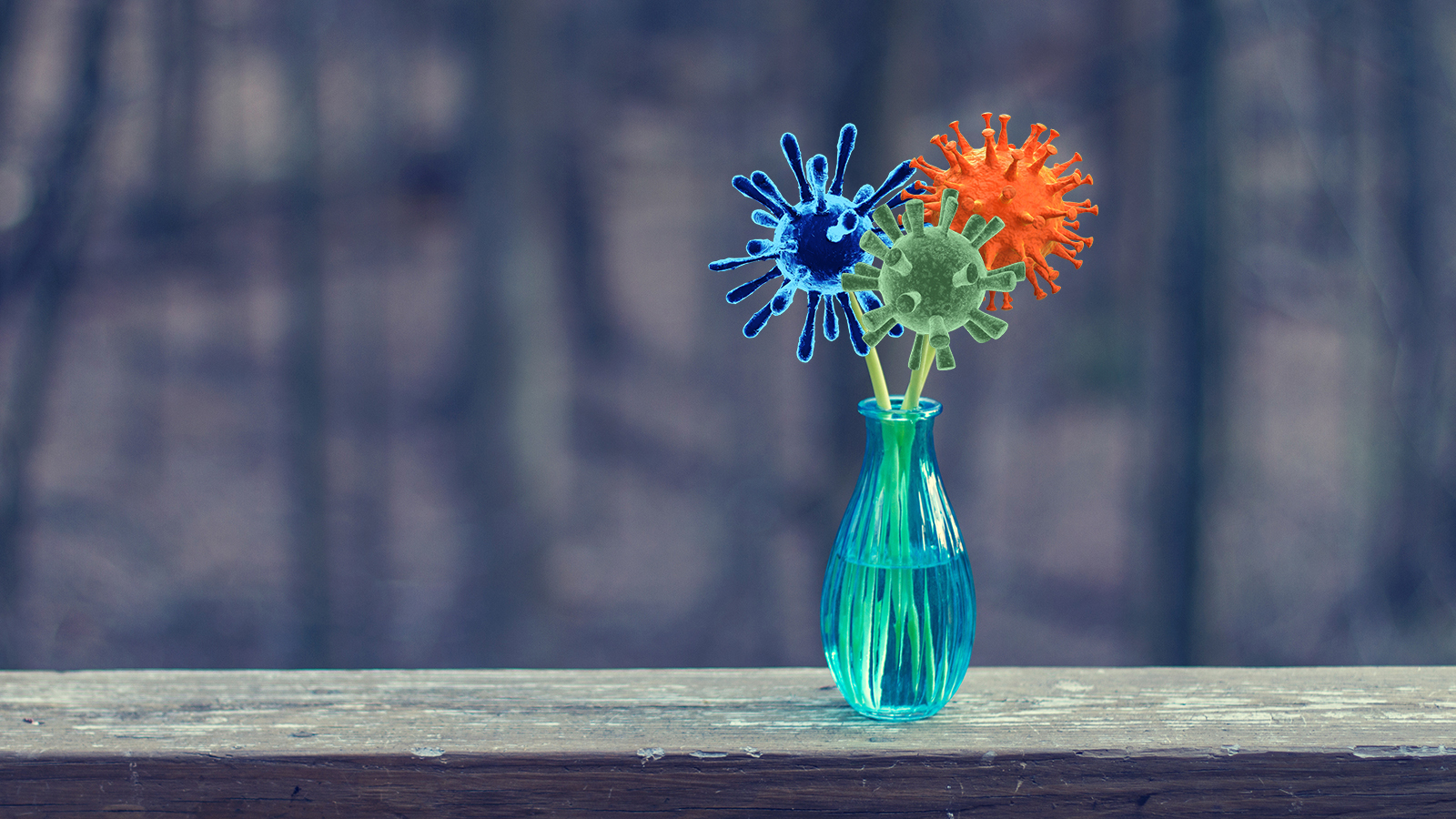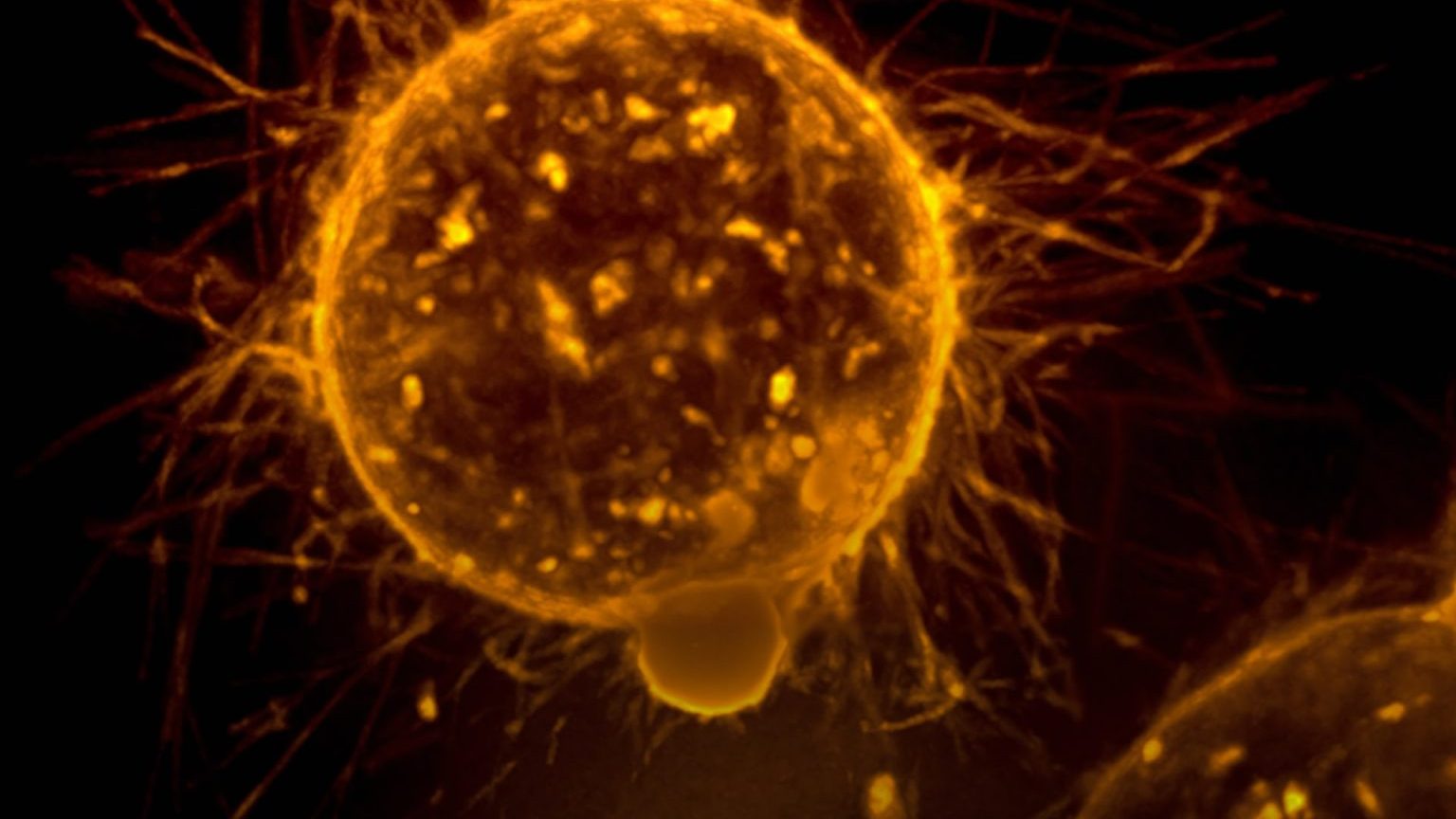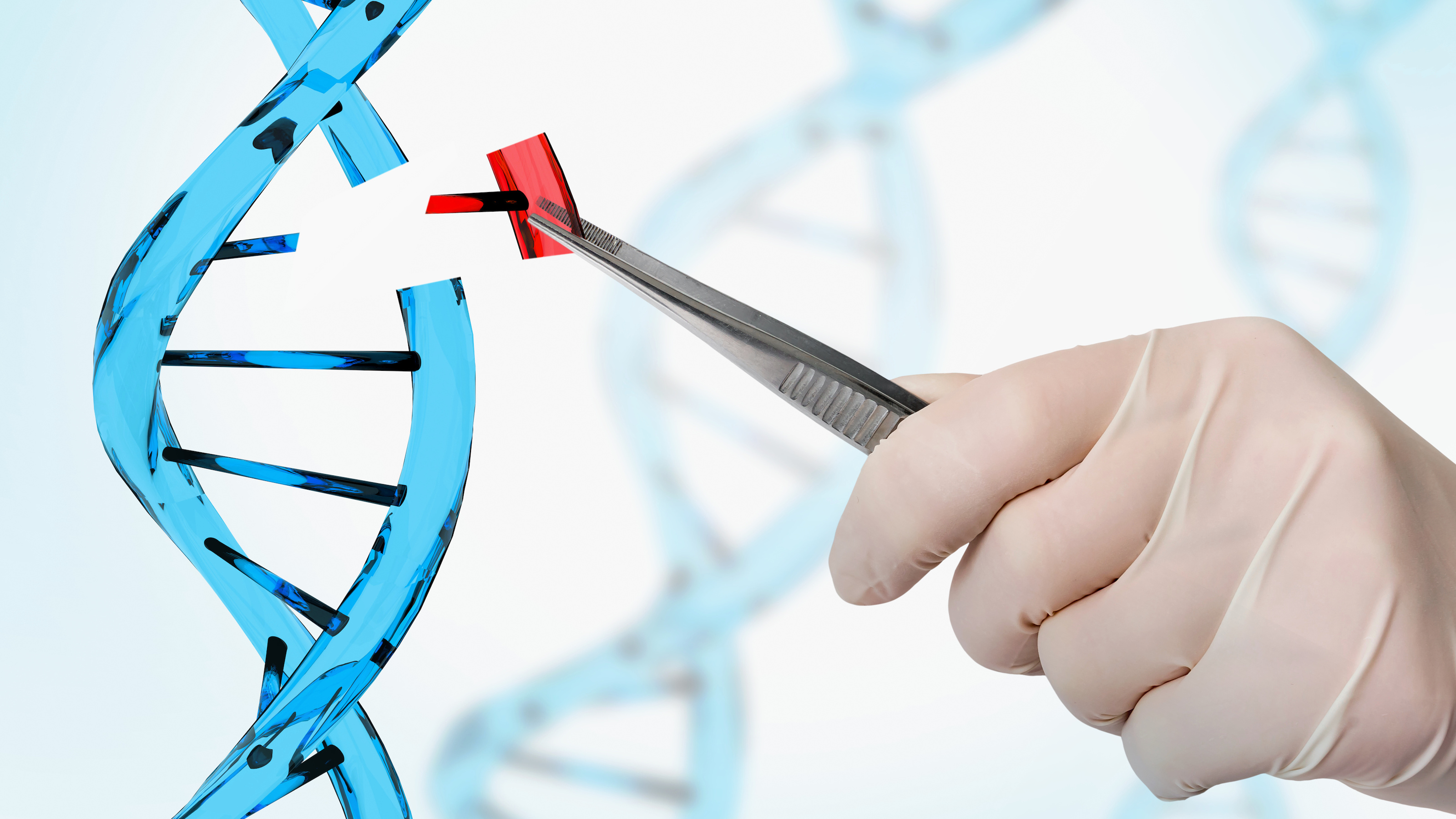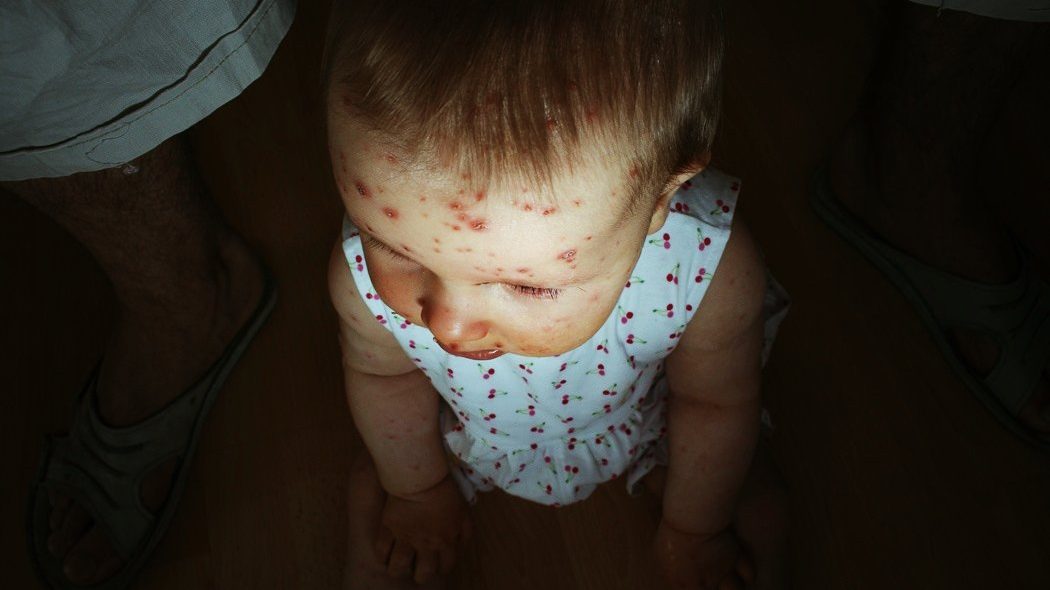medicine
From grave robbing to giving your own body to science.
Marburg virus, like its cousin Ebola, causes severe disease, with fatality rates ranging from 22% to 90%.
The soft robotic models are patient-specific and could help clinicians zero in on the best implant for an individual.
Scientists are still figuring out why tirzepatide causes weight loss. One theory is that they “accidentally” created a new hormone.
The body uses its own electricity to repair wounds. Faster healing may be possible with additional electrical stimulation.
Baby mice can regenerate damaged hair cells — and now that we know how they do it, maybe we can, too.
Epigenetic entropy shows that you can’t fully understand cancer without mathematics.
The initial study lays the groundwork for another larger, longer phase 2 trial.
“Rational vaccinology” could lead to effective cancer vaccines.
From the bedside to the lab bench, here’s how laboratory testing works.
Godfrey Hounsfield’s early life did not suggest that he would accomplish much at all.
When migraine and tension-headache patients overuse their medications, they can actually trigger more headaches.
Hundreds of these cannabis-related chemicals now exist, both natural and synthetic, inspiring researchers in search of medical breakthroughs.
In a study involving mice, scientists used two different techniques — one optogenetic and one pharmacologic — to recover “lost” memories.
A toxicologist explains the impacts of antidepressants on fish — and no, they’re not getting any happier.
New blood types are regularly discovered by an unusual absence or an unusual presence — both of which can result in tragedy.
Viruses, it turns out, can block one another and take turns to dominate.
Close to 70% of drugs advertised on TV offer little to no benefit over other cheaper drugs.
Once activated, the CRISPR-Cas12a2 system goes on a rampage, chopping up DNA and RNA indiscriminately, causing cell death.
Cryo-electron tomography, or cryo-ET, is the future of cell research.
Pathogenic, self-propagating proteins called prions found in the brains of people with Alzheimer’s are also found in Down syndrome patients.
And it’s much, much less expensive.
Researchers have been developing a promising model that can more closely mimic the human body – organ-on-a-chip.
The vaccine provided protection for mouse and ferret models.
Tumor cells traverse many different types of fluids as they travel through the body.
From synthetic biology to xenotransplantation, biotech will continue to march forward in 2023, in part powered by data and AI.
Chronotherapeutic drug delivery aims to maximize treatment effectiveness and minimize side effects.
People with shingles have an approximately 80% higher risk of stroke than those without the disease.
The new documentary “Make People Better” leans toward a different narrative about gene-editing than we’ve heard before.
Concluding that Damar Hamlin’s cardiac arrest was caused by the COVID vaccine requires accepting highly improbable leaps of logic.
